
OR
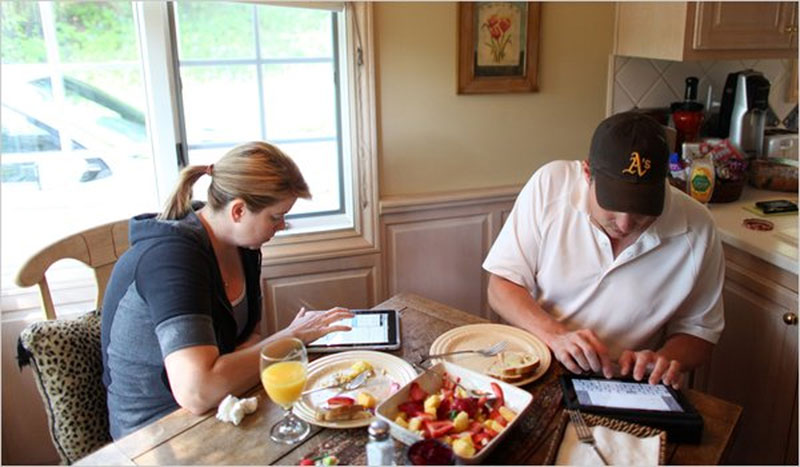
I fear the day that technology will surpass human interaction. The world will have a generation of idiots.
— Albert Einstein
The ease with which we can connect with anyone, anywhere, anytime fascinates us so much we cannot imagine life without the virtual world
There is no denying that the great physicist was farsighted in many ways and his fear of the day technology surpasses human interaction is now upon us. Our insatiable need for our peers to love and accept us has turned his fear into a harsh reality.
In our effort to stay connected and to commune, we have experimented a lot. Thousands of years ago, with etchings painstakingly drawn on rock faces, our ancestors experimented with symbols and sounds till language evolved to cater to their need to communicate; once codified, human expression began its inexorable drive to achieve faster and more efficient means of interaction, heralding the 21st century when it has become possible to live in virtual reality.
Technology and internet have completely changed how humans interact. The ease with which we can connect with anyone, anywhere, anytime fascinates us to the extent that we cannot imagine detaching ourselves from the virtual world.
Social media like Facebook, Instagram, LinkedIn and Twitter have become such an integral part of our lives that sometimes I wonder if life is just about the number of likes, views, tweets and shares of our posts.
So, is our virtual existence doing any real good?
The good
Social media activity has become almost a necessity either because of our work or because that’s how we can keep up with technological trends. For instance, Facebook, which was just a simple social networking website for Harvard students, has evolved into a platform which in some ways governs our lives today. It has come a long way in revolutionizing our virtual existence. We can hardly find anyone who has not succumbed to its enticement of satisfying their social needs.
Connecting with just about anyone with just a few keystrokes, sharing our thoughts and opinions on various issues, and getting to celebrate life with our online friends have bridged geographical boundaries. It has given us the luxury of effortless life without even having to move our body.
Organizations too have embraced social media. Irrespective of their size, they use sites such as LinkedIn, Twitter, Instagram and Facebook to hire people, promote new products, to improve brand identity and to communicate with a much larger network of potential customers. Consumers, on the other hand, have much wider access to information about the products. They can compare different products through online reviews. Yes, at speed and at relatively low cost. Alas, all that which glitters is not always gold.
The bad
The obsession to be active in our virtual world has taken over our lives. We spend more time being social online than being social offline. Many of us check for internet and Wi-Fi connections at restaurants, shopping malls and even at hair salons smitten as we are by the ‘stay online’ bug. The bug bite seems so potent, we happily type out our personal information and share our work history, hobbies and interests without any coaxing and prodding.
There are many students who have stopped relying on their intelligence and blindly copy and paste information available online. The speed at which people can access or share information is so mesmeric that critical thinking has been rendered moot. Humans have evolved to multitask from an early age—checking social media websites or watching online videos while they study or pretend to.
Some are addicted to online games while others are busy uploading their profile pictures or updating their status. The distraction has made them introverts. They have become selfish and lonely. They prefer to stay indoors and hardly interact with family and friends, virtually alienating themselves from the real world.
Parents are no exception. Some have their eyes glued to their mobile phones, commenting on their friend’s recent post or tweeting opinion, or they too are engrossed in an online game. I never imagined human interaction could be so affected by Facebook or by 140 characters on Twitter. It makes me wonder: can this addiction get uglier?
The ugly
The picture-perfect selfies, beautiful locations and life achievements posted online every second tempt us to like and comment or re-live these moments ourselves. No harm in doing this. The harm lies in the apparent desire to replicate. When we scroll our newsfeed gazing at people looking happy, successful, and full of life, we succumb to envy, risking the unacknowledged happiness of our own actuality. This happens because we take every picture shared on social platform at its face value.
We fail to realize that what we see on social media is not always true or the reality. This is because we do not talk about our failures, our struggles or our sacrifices with others, leave alone sharing them with the whole world. Our internal wiring to just portray the best in our lives has conditioned us to mask our reality.
We fall prey to comparing ourselves and our realities with our friends’ concocted, glittered instagrammed or facebooked realities. Some of us are wise enough not to make such comparisons, but many of us go tend to go into our shells at seeing others happy and feel worthless.
Former US president Theodore Roosevelt was so right when he famously said “comparison is the thief of joy.” But we compare. We compare the best of others with the worst of ours. Our friends on social media rarely talk about their trials and tribulations. What we normally see is the best of everyone and some of us end up feeling sorry for ourselves. This pushes us towards a state of self-pity, eventually leading us to depression.
Young people, in such cases, are more prone to this suffering as they lack the maturity to understand that life is not always a bed of roses and we all have our own share of difficulties, sadness and depressive moments. But how often do people describe their photos and their posts with such adjectives? I wish we also had an app to analyze these photos or posts and get the real versions. There would be fewer comparisons then.
When we compare, we tend to believe that everyone else on this earth, apart from ourselves, is doing great. The moment we stop understanding and start judging what is seen on the internet our perception about others distorts and our own self-worth suffers. This is one of the ugliest impacts of social media.
So should we log out?
We should not. But we should be cautious about how and how often we use social media. Totally disconnecting ourselves is neither feasible nor sensible. We need to find a way to better integrate our virtual existence with our real lives.
Though social media helps us stay connected, we should often try to go for a digital detox and experience the beauty that surrounds us. Disconnecting will help us rekindle our relationships with our friends and family and to escape social comparisons.
There are people who embellish their experience and achievements for social media and we fall into the trap of comparison. What we don’t realize is that people don’t have seemingly perfect lives, unlike what they may claim in their respective Facebook walls. And the only person we should try to better is the person that we were yesterday.
The author is a New Delhi-based freelance writer
You May Like This

Why Federalism has Become Risky for Nepalese Democracy
The question arises, do federal or unitary systems promote better social, political and economic outcomes? Within three broad policy areas—political... Read More...

Nepal's Forests in Flames: Echoes of Urgency and Hopeful Solutions
With the onset of the dry season, Nepal's forests undergo a transition from carbon sinks to carbon sources, emitting significant... Read More...
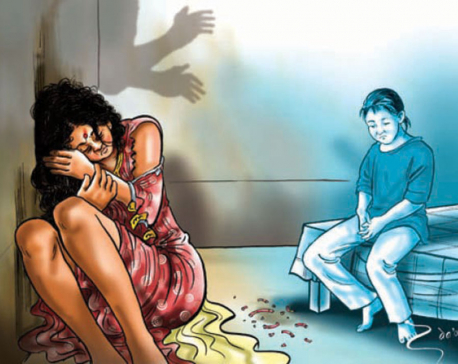
'Victim blaming'- Nepali society's response to sexual violence
Multiple studies show that in most sexual assaults, the attacker is someone known and trusted by the victim. ... Read More...

Just In
- Speaker Ghimire administers oath of office and Secrecy to JSP lawmaker Khan
- In Pictures: Families of Nepalis in Russian Army begin hunger strike
- New book by Ambassador K V Rajan and Atul K Thakur explores complexities of India-Nepal relations
- Health ministry warns of taking action against individuals circulating misleading advertisements about health insurance
- UAE secures spot in ACC Premier Cup final, defeating Nepal by six wickets
- NC to boycott Gandaki Province Assembly, submits letter to Speaker
- 850 grams of gold seized from Indian national at TIA
- Rupandehi District Court orders to release Dipesh Pun on a bail of Rs 400,000












_20240419161455.jpg)
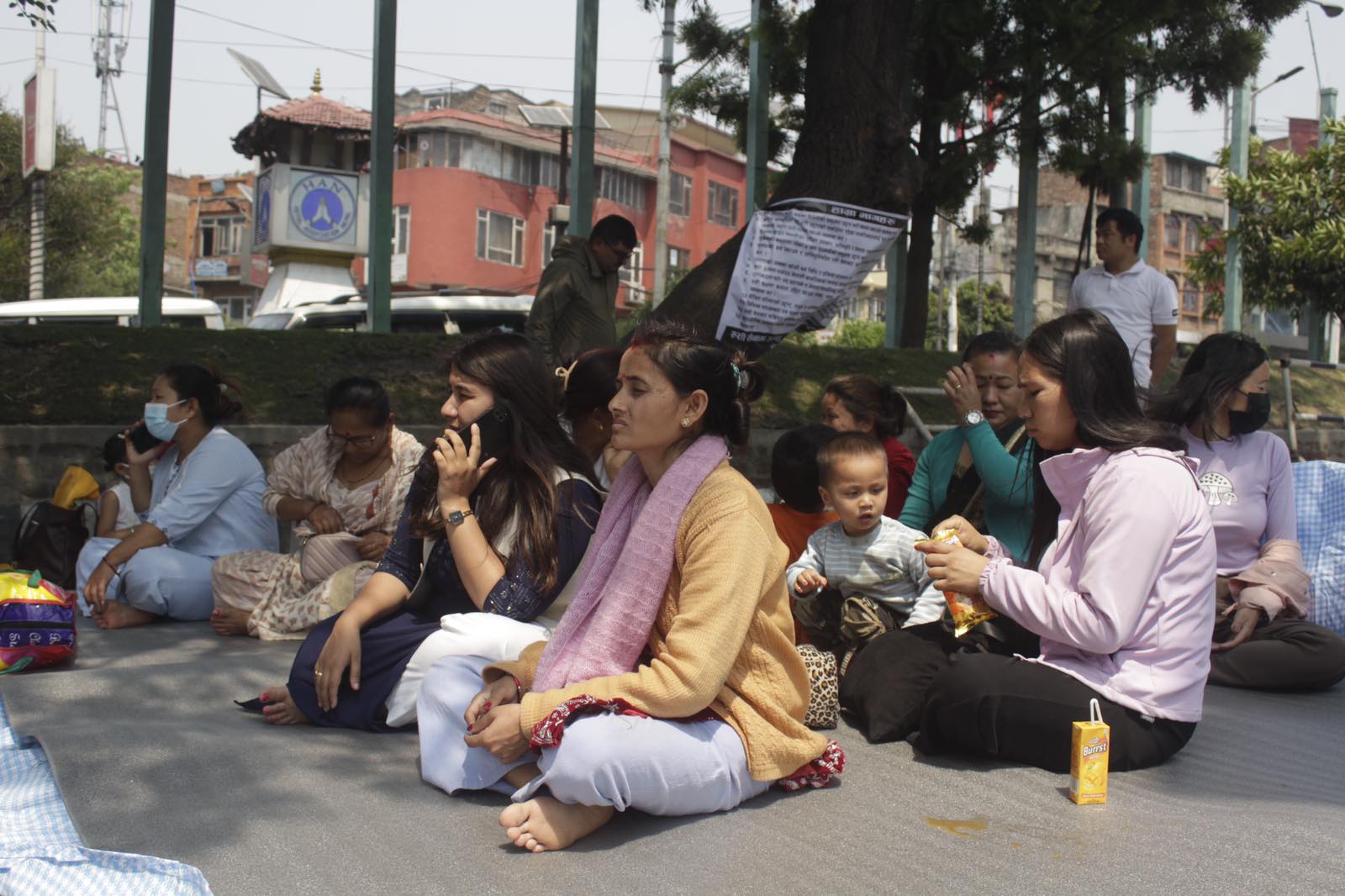
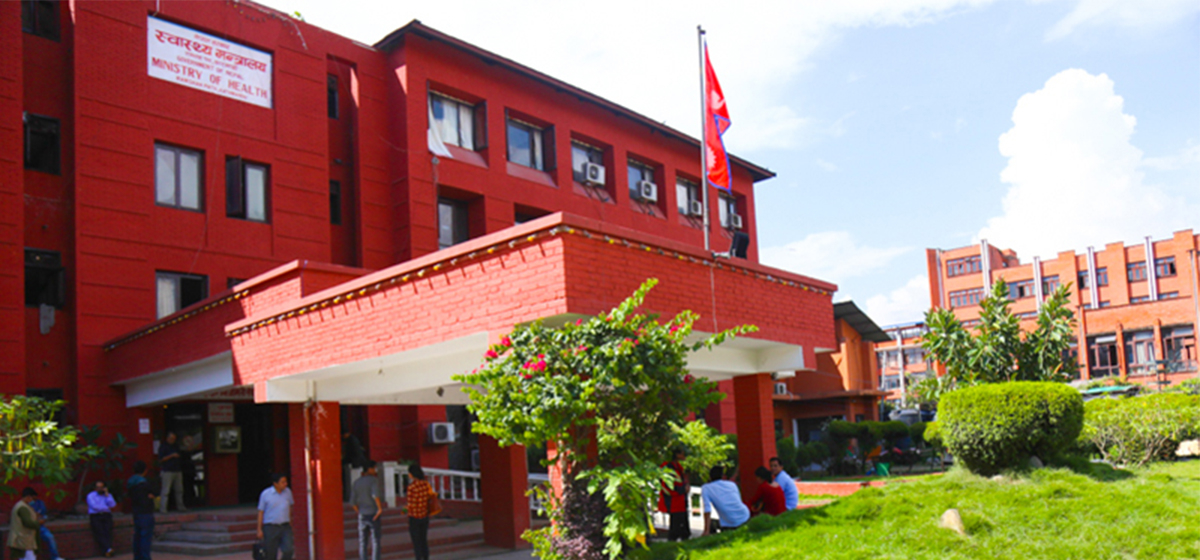
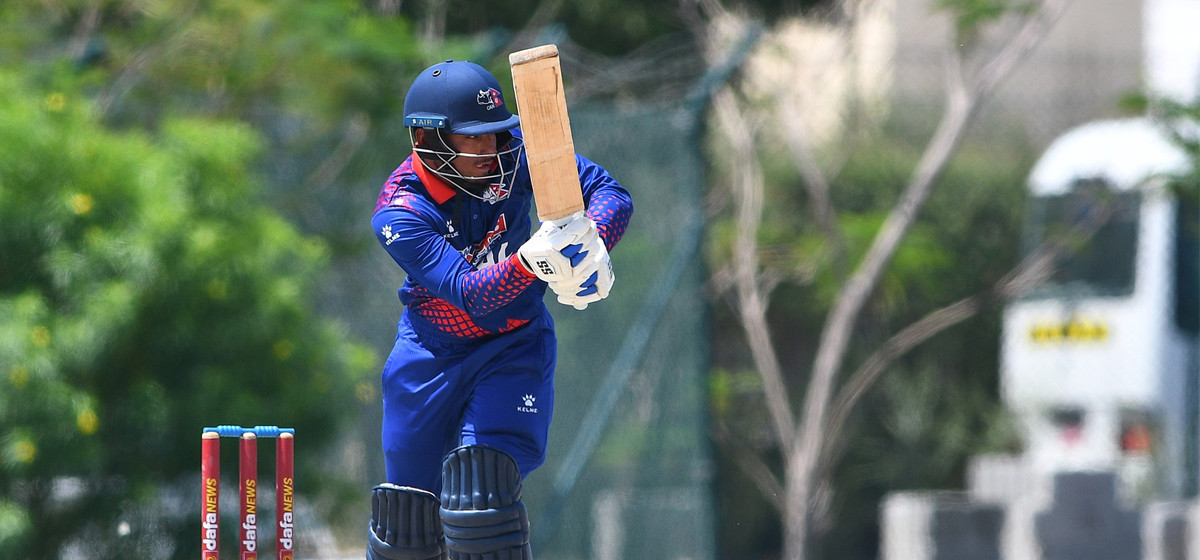
_20240311121839.jpg)

Leave A Comment